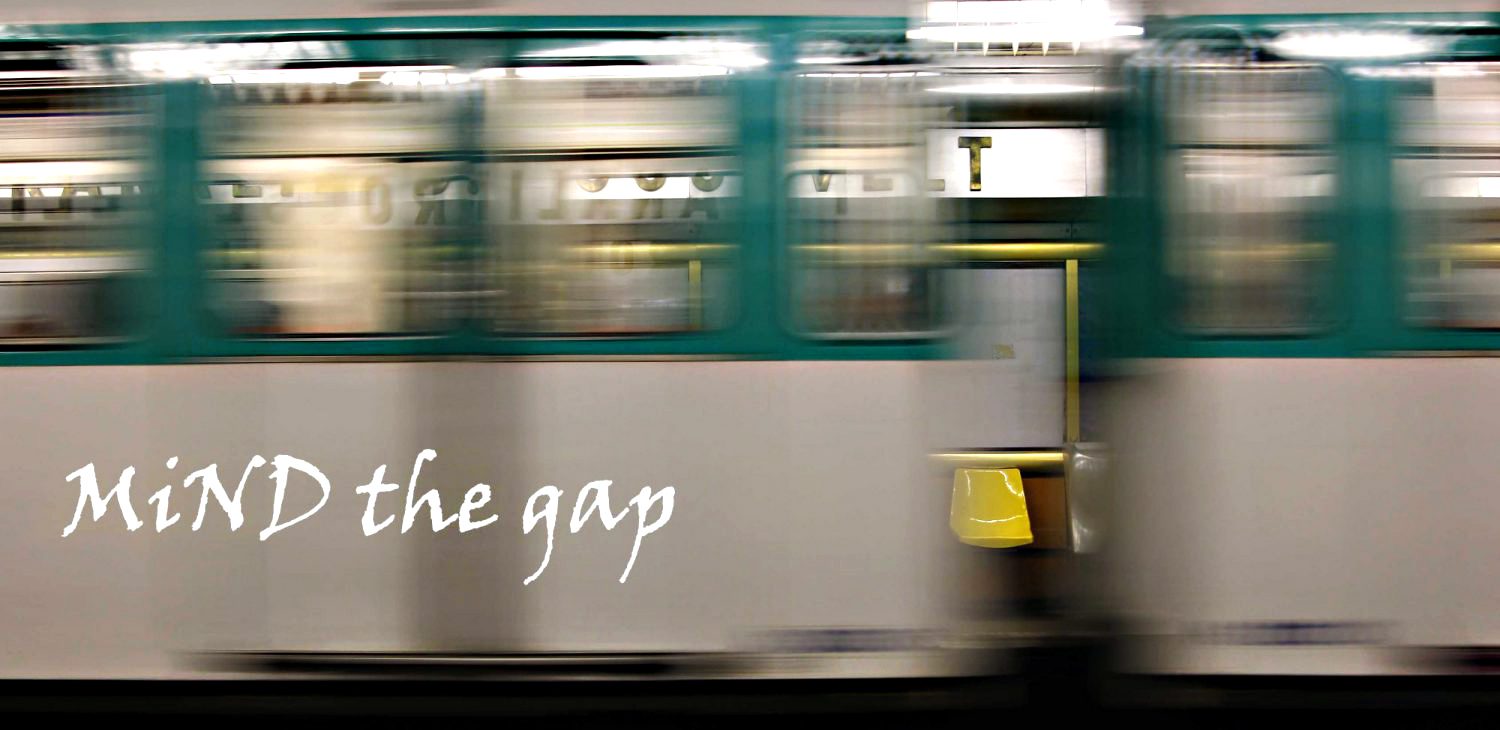About two and a half years ago, Dr. Emma Sprooten started the DELTA project. In DELTA, acronym for Determinants of Long-term Trajectories in ADHD, she investigates factors that contribute to the difference in (severity of) symptoms and impairment in people who were diagnosed with ADHD as a child. Previously, these adults participated in a study called NeuroImage when they were a child. We asked them if they were willing to participate one more time in this study. In the coming three weeks, we will post three blogs about the project. This is blog 1.
2019. Somewhere in autumn. Trees have become all shades of brown, yellow and red. We pass forests while driving on a German highway, all the way from Holland. After a while, the landscape changes from the colored forest to an industrial town. It is grey and gloomy, packed with old-fashioned industry buildings. Soon, the navigation sends us into an even more surreal place. We find ourselves surrounded by rusty brown pipes in a place that feels like an abandoned factory. If we would not know better, we would begin to feel a bit worried about what could happen here…
What brings us here in this desolate area? To put it short, a bunch of people who were diagnosed with ADHD during their childhood, and a hypermodern 7 Tesla MRI scanner. Over ten years ago, as children, our participants first came in together with their parents and siblings. They played games, were interviewed and got an MRI scan, that was presented to them as ‘ a picture of the inside of your brain’. Now, we are repeating these measurements for a third time, with an upgrade from 3 Tesla to 7 Tesla MRI, allowing even more detailed pictures of their brains.
For scientists it is extremely valuable that people are willing to take part in this research. This is one of the few cohorts in the world in which people with ADHD are followed up for such a long time. It makes it possible to investigate which factors influence the different clinical trajectories that ADHD can take:. We are now testing people for already a third time in the NeuroImage project, that started in 2009. The current follow-up is called the DELTA project. More on the content of the project in our third blog.
Next week, we’ll give you a peek into what a participant experiences during a test day in Essen.
If you cannot wait to get some information on NeuroImage, see: https://www.ru.nl/donders/vm-site/collaborations/projects/neuroimage/
For a peak into Zollverein, the world heritage site where the 7 Tesla scanner is located, see: https://www.zollverein.de/zollverein-unesco-world-heritage-site/ The photo at the top of this post shows a detail of the coal mine at Zollverein.

